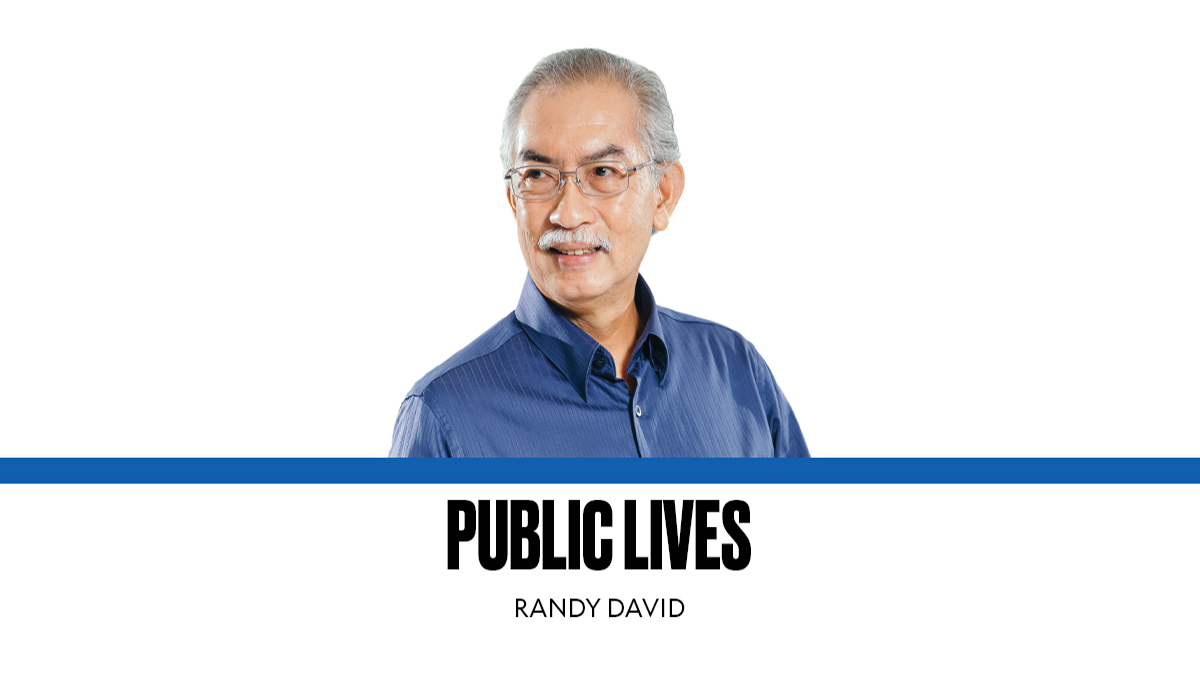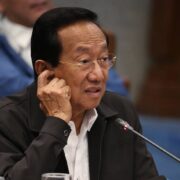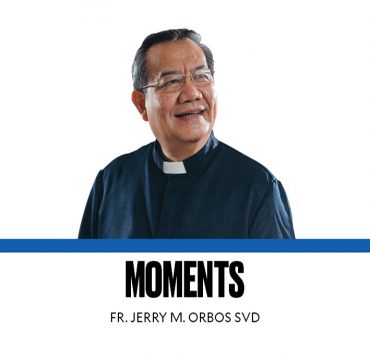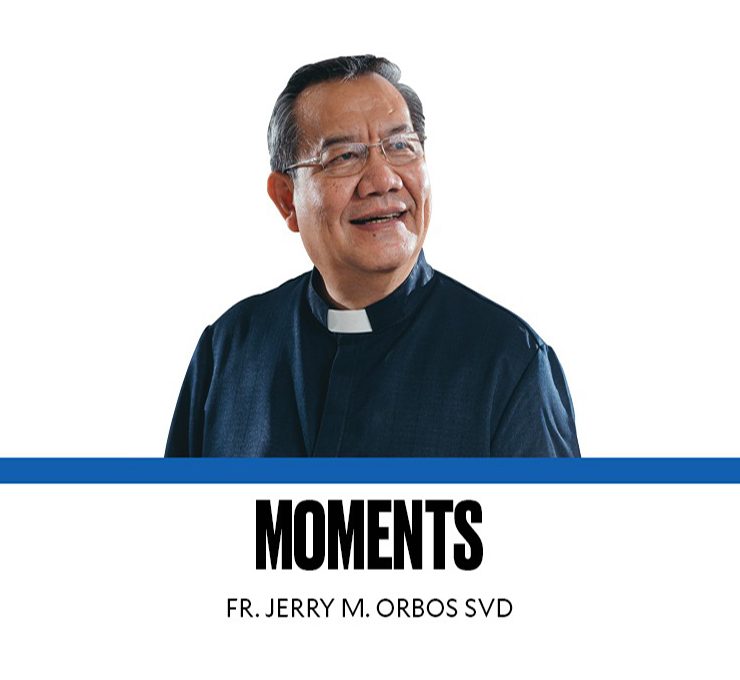The radicalism of Pope Francis

Pope Francis’ 12-year papacy (2013-2025) was, in many ways, a continuation of his immediate predecessors’ most memorable legacies. Like the beloved John Paul II, he actively engaged with the world, seeking to influence its direction. And, like the intellectual Benedict XVI, he aimed to redefine the Church’s role within modern society. Yet, this is where the similarities end.
It is appropriate that these three popes of the modern era differ significantly in their papal approaches, as each was shaped by and responded uniquely to the circumstances of their times. John Paul II (1978-2005) began his papacy amid the rise of authoritarian regimes that promised rapid economic progress at the expense of human rights. He championed human dignity and freedom, and integral human development. Yet, the severity of the crisis created by these regimes propelled liberation theology into prominence, compelling the clergy to actively engage in political struggles for justice.
Pope Benedict XVI (2005-2013), previously Cardinal Ratzinger, who for a long time headed the Vatican’s Congregation for the Doctrine of the Faith, had been regarded as a conservative theologian, a staunch defender of Church doctrine. But he was also a prophet of the modern age. Benedict recognized the modern societal shift toward distinct, autonomous domains without a central moral authority. Aware that the Church could no longer easily assert itself as society’s dominant moral voice, Benedict carefully delineated the Church’s sphere of authority. He warned against moral relativism, asserting the need for rational argument and prudence to preserve the Church’s relevance in an increasingly secularized world.
Francis, without directly contradicting Benedict, implicitly rejected what could be seen as an overly cautious approach to the Church’s public role. His papacy was marked by a profound understanding of humanity’s condition in a globalized world. Instead of simply condemning human rights abuses by authoritarian regimes, he reached out compassionately to the victims, directly addressed world leaders, and advocated concrete reforms. He did not merely criticize capitalism’s excesses; he actively championed those discarded and marginalized by global economic forces. He welcomed Gustavo Gutierrez, liberation theology’s key figure, to the Vatican.
His encyclicals repeatedly emphasized urgent social and economic reforms in pursuit of social justice and holistic human development. He boldly confronted those whose relentless pursuit of profit was destroying the planet, becoming the first pope to take a significant stand against climate change.
Francis did not merely highlight the inequalities generated by globalization; he sought to transform globalization itself, turning it from a mechanism of exclusive capital accumulation into a process of inclusive sharing and solidarity. Despite the ambitiousness of this vision, he persistently encouraged dialogue and bridge-building across cultural and religious divides. Francis championed synodality—journeying together through mutual listening—transcending national and cultural boundaries and societal sectors, convinced of the transformative power of human relationships.
This radical openness distinguished Francis. He was willing to explore the limits of Church doctrine without abandoning core moral teachings. Here, he notably diverged from Benedict XVI, who rigorously defended Christian truths against secular relativism. Francis feared that a Church overly preoccupied with doctrinal boundaries could become inward-looking, irrelevant to a suffering world. He instead advocated a Church actively present in the world, ministering to the wounded, and embodying the loving message of Christ in pastoral practice.
Francis’ global activism remained inclusive, neither triumphalist nor judgmental. Rather, it was deeply reflective, respectful of diverse communities, and explicitly opposed to the weaponization of religion in cultural conflicts.
The theologian Tomáš Halík captures Francis’ ethos well: “The Church also has a ‘political,’ prophetic, therapeutic, and transformative mission in the world.” To fulfill this mission, Francis believed the Church must boldly engage with the complexities of a globalized world rather than retreat into defensive isolation, akin to the self-serving nationalism prevalent today, which seeks shelter from globalization’s destructive impacts while remaining indifferent to the plight of its victims.
—————-
public.lives@gmail.com





















